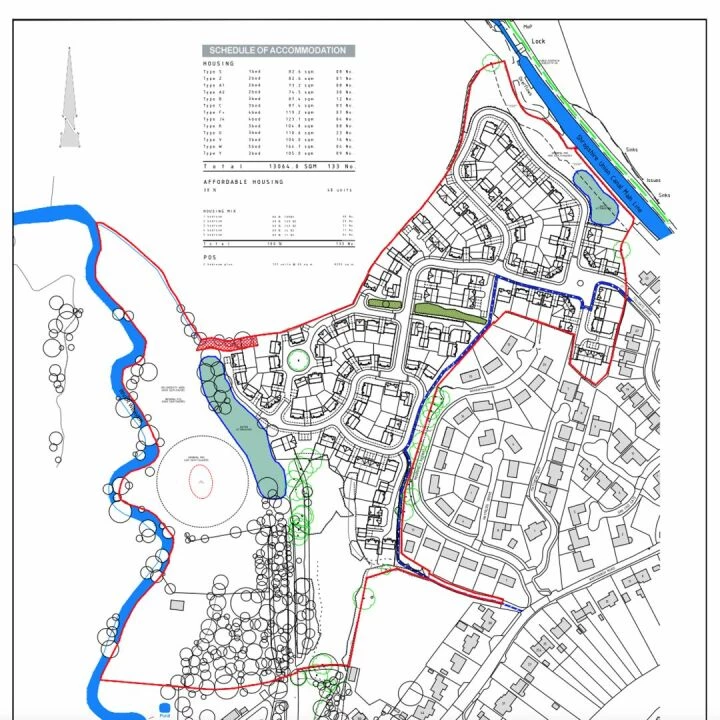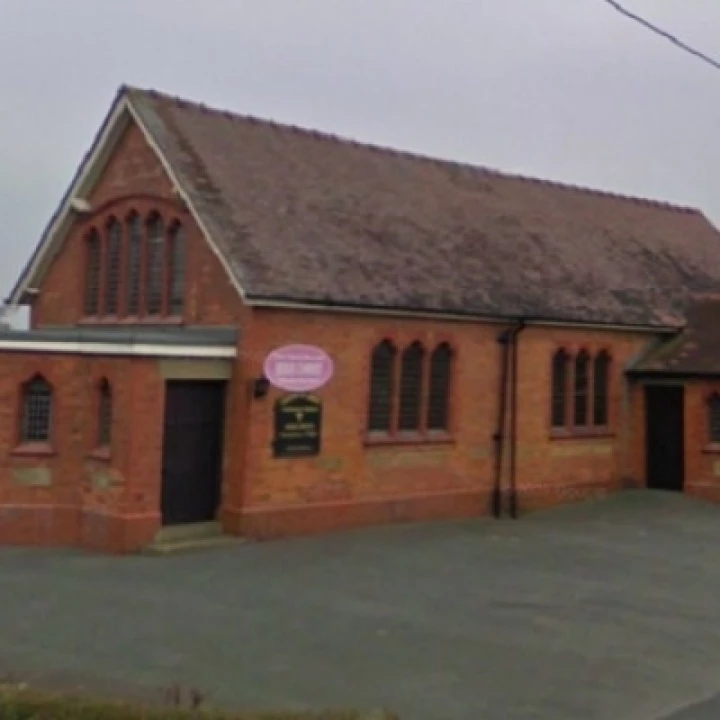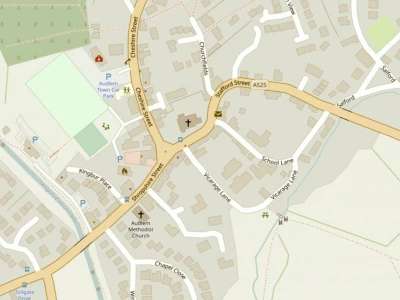







Herbert Hoover
Herbert Clark Hoover was an American politician who served as the 31st President of the United States from 1929 to 1933 during the Great Depression. A Republican, as Secretary of Commerce in the 1920's he introduced Progressive Era themes of efficiency in the business community and provided government support for standardisation, efficiency and international trade. As president from 1929 to 1933, his ambitious programs were overwhelmed by the Great Depression, which seemed to get worse every year despite the increasingly large-scale interventions he made in the economy.
A lifelong Quaker, he became a successful mining engineer around the globe and retired in 1912. In the First World War he built an international reputation as a humanitarian by leading relief efforts in Belgium during the war, and in Eastern Europe afterwards. He headed the U.S. Food Administration during World War I. His reputation as a Progressive businessman fighting for efficiency and elimination of waste was built as the Secretary of Commerce 1921-28. Hoover was a leader in the Efficiency Movement, which held that every institution public and private was riddled with unsuspected inefficiencies. They all could be improved by experts who could identify the problems and solve them. He also believed in the importance of volunteerism and of the role of individuals in society and the economy. In the presidential election of 1928, Hoover easily won the Republican nomination, despite having no elected-office experience. Hoover won in a landslide.
When the Wall Street Crash of 1929 struck less than eight months after he took office, Hoover tried to combat the ensuing Great Depression in the United States with large-scale government public works projects such as the Hoover Dam, and calls on industry to keep wages high. He reluctantly approved the Smoot-Hawley Tariff of 1930, which sent foreign trade spiralling down. He believed it was essential to balance the budget despite falling tax revenue, so he raised the tax rates. The economy kept falling, and the unemployment rate rose to 25%. This downward spiral set the stage for Hoover's overwhelming defeat in 1932 by Democrat Franklin D. Roosevelt, who promised a New Deal.
Hoover became a conservative spokesman in opposition to the domestic and foreign policies of the New Deal. He opposed entry into the Second World War and was not called on to serve in any public role during the war. He had better relations with President Harry S. Truman, and Hoover helped produce a number of reports that changed U.S. occupation policy in Germany. Truman also appointed Hoover to head the Hoover Commission, intended to foster greater efficiency throughout the federal bureaucracy, and Hoover served on a similar commission under President Dwight D. Eisenhower. By the time of his death in 1964, he had rehabilitated his image.
Born 10th August 1874 in West Branch, Iowa, United States
Died 20th October 1964 in New York City, New York, United States
About the time we can make the ends meet, somebody moves the ends.
This article is from our news archive. As a result pictures or videos originally associated with it may have been removed and some of the content may no longer be accurate or relevant.
Get In Touch
AudlemOnline is powered by our active community.
Please send us your news and views using the button below:
Email: editor@audlem.org


